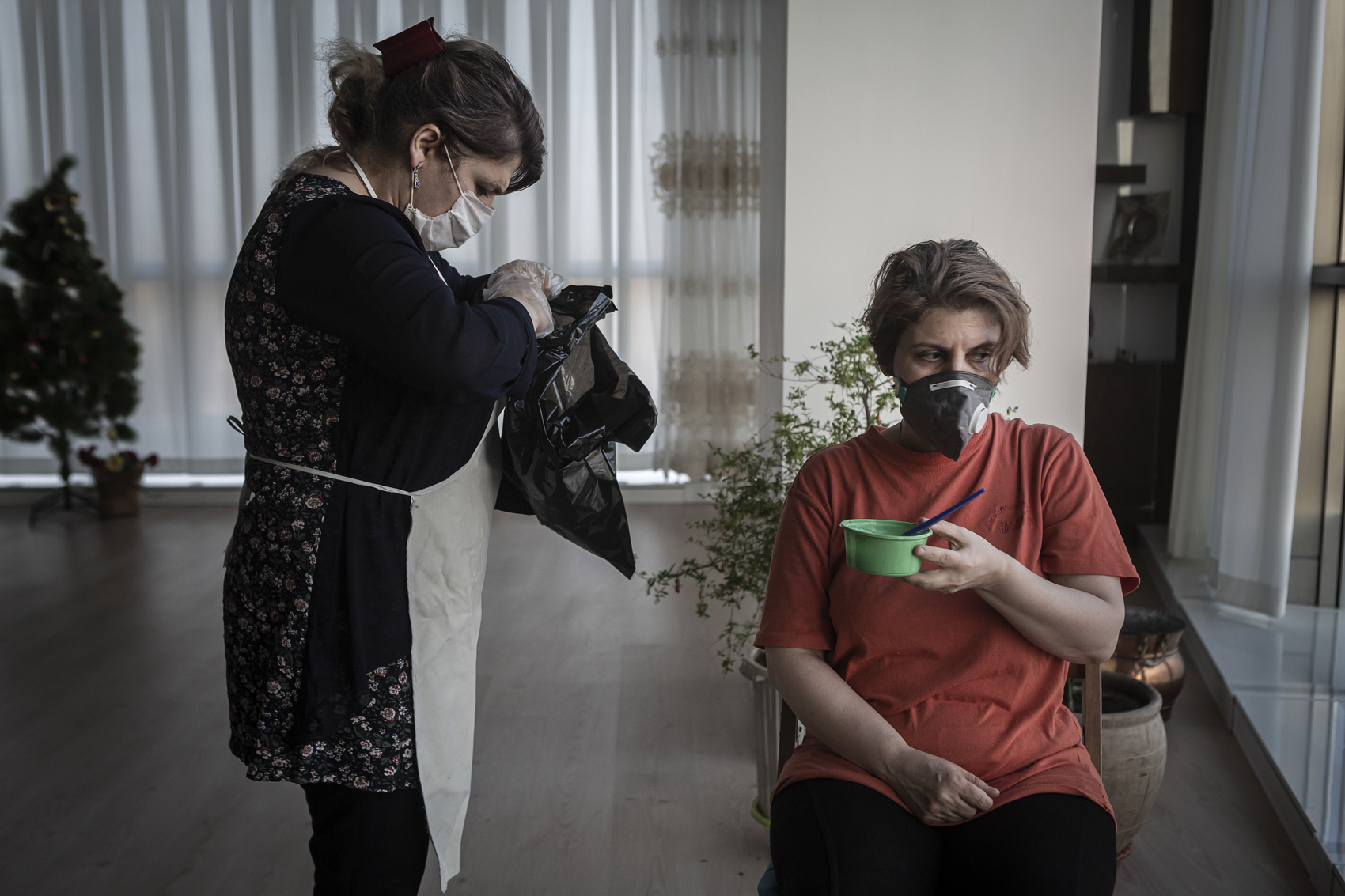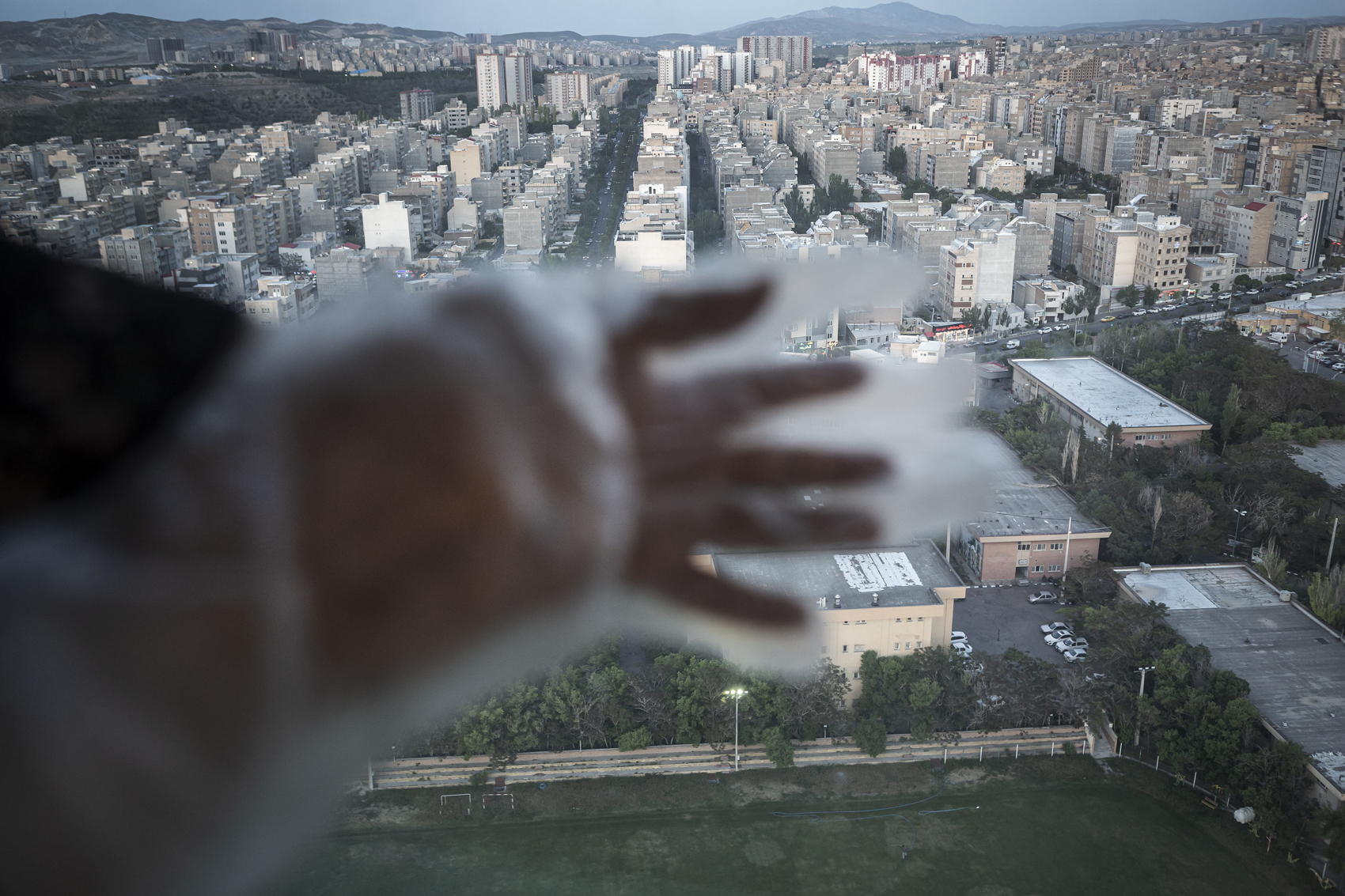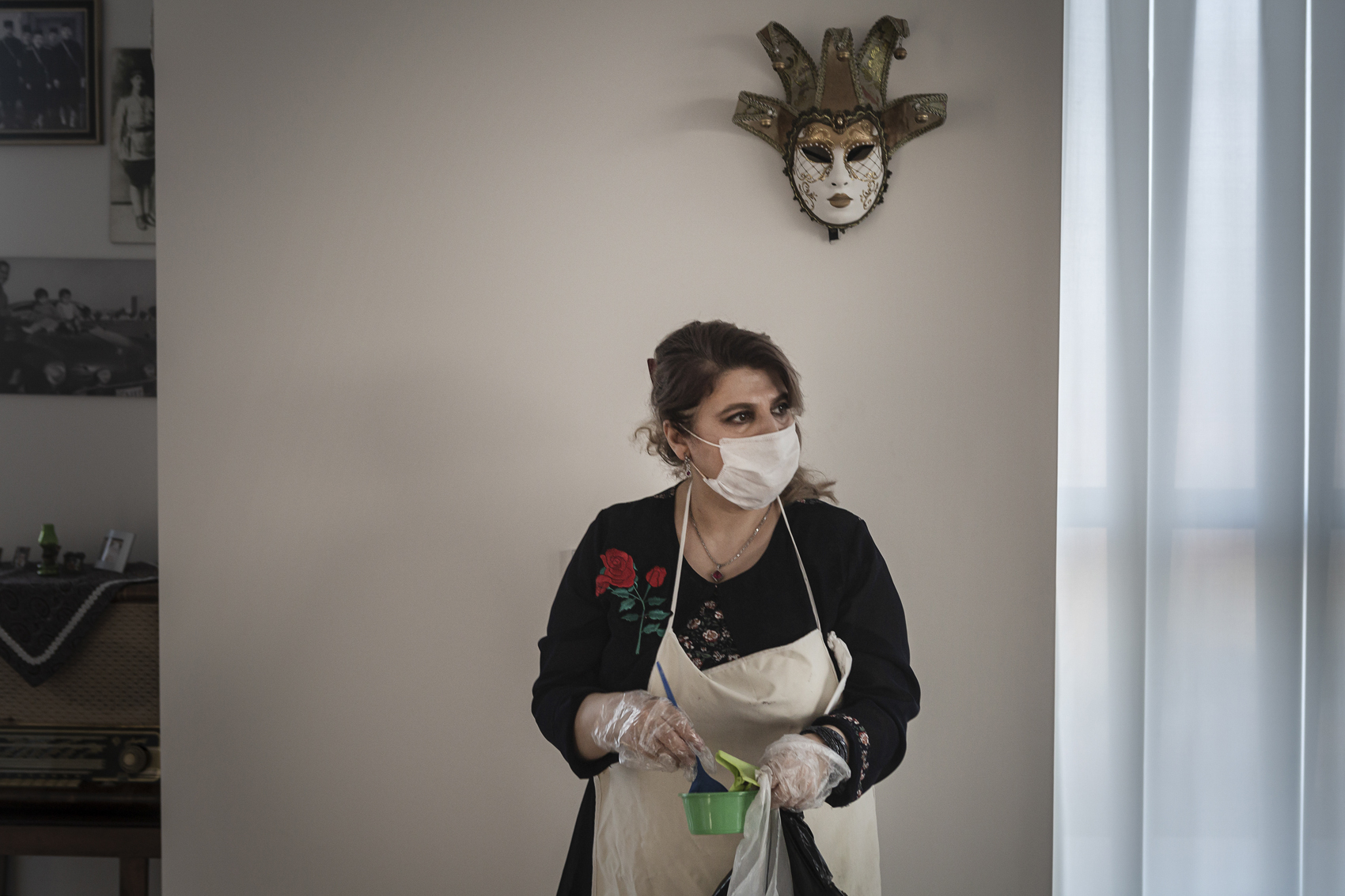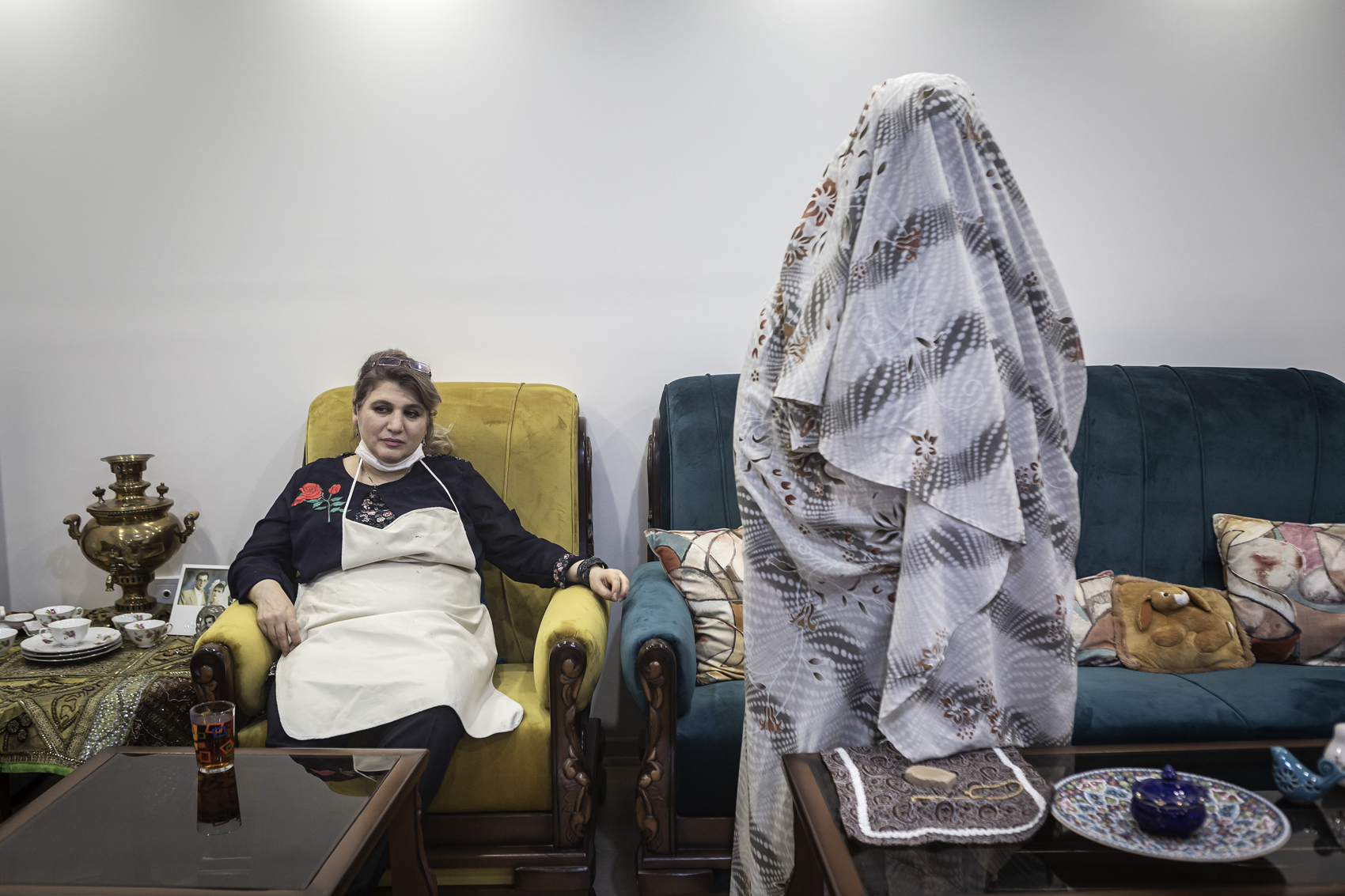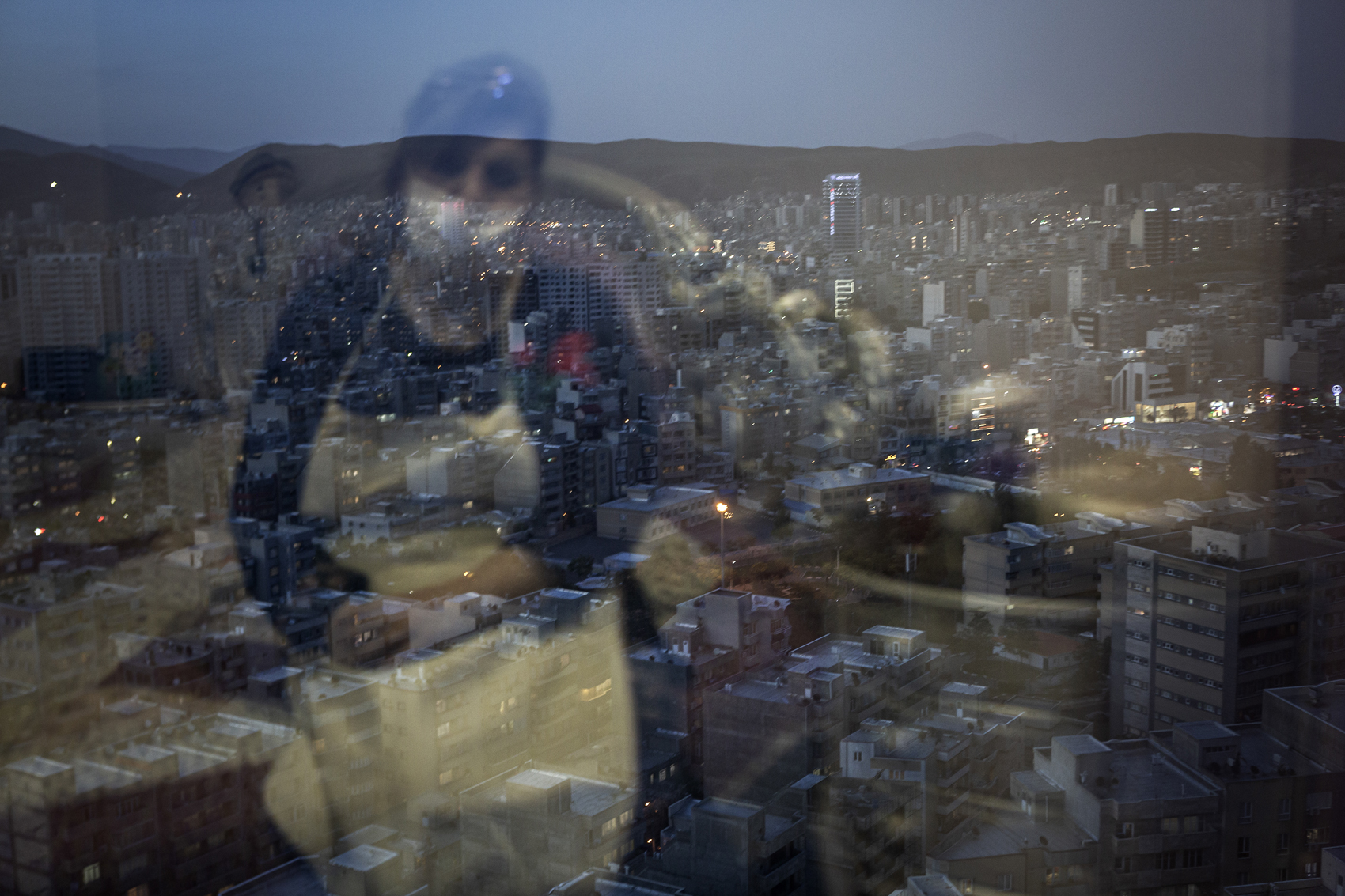Project Location | Middle East, Iran, Tabriz
Production Date | 2019-04-14
– (2020 Grant recipients of Pulitzer Center)
Nahid went to her sister’s house that day to dye her hair. Most beauty salons were closed due to the outbreak of COVID-19 in Iran. In times of need, people ask their close family members and relatives with hairdressing jobs, to come to their homes and do their hair. Nahid was the only hairdresser in her family. As a teenager, she dreamed of a luxurious life. But she was only 19 years old when she was traditionally married (Arranged Marriage) to her husband. At the age of 30, she divorced because of her husband’s addiction and accepted responsibility for her two children.
Nahid is 53 years old. She never remarried in order to not cause problems for her children. She learned hairdressing so as not to put the burden of her life on anyone else. She and her children lived in her father’s house for a long time, but she tried to cover the main expenses of her children on her own. Her first child was only 16 when he immigrated to France. Romina, Nahid’ 23-year-old second child, would also like to immigrate as her brother did. Nahid does not have any insurance, so she is always worried about her future economic situation. Even during the quarantine, regardless of the danger of the pandemic, she continued going to friends’ and relatives’ houses, hairdressing whenever she could to cover her living expenses.
When I asked Nahid about the spread of the second wave of COVID-19, she said: “I’m more concerned about my mental state than I’m worried about my financial situation. I don’t like loneliness. Romina is going to leave Iran like her brother. Because of the outbreak of COVID-19 and quarantine, I can’t see my friends at work and parties. I can’t work out with my friends and go to the mountains. I can’t see my sister and mother, which is depressing and horrible for me. But I hope the second wave doesn’t happen.”


